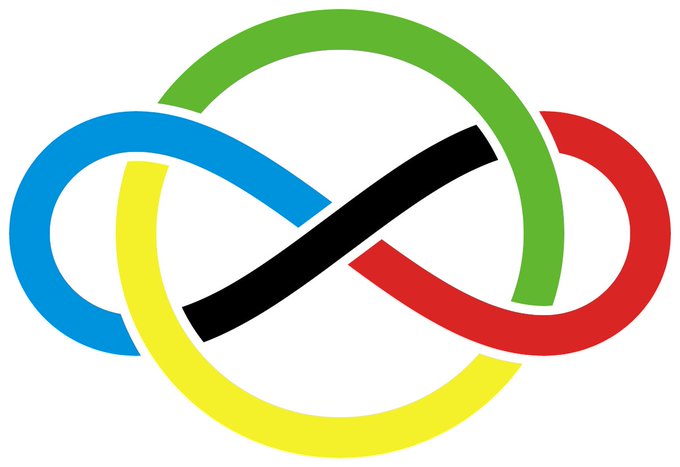Distinct Numbers

This question is from the 1998 Balkan Mathematics Olympiad.
Consider the sequence of numbers \([k^2/1998]\) for \(k = 1, \ldots, 1997\). How many distinct
numbers are there in this sequence? (\([x]\) means the integer component of x)
This question is easy to solve by computer programming. Try to solve it
without programming.
Link to the problem on Twitter: https://twitter.com/Riazi_Cafe/status/1702560431720759369
The correct answer is 1498.
If the distance between \(i^2\) and
\((i-1)^2\) is less than 1998, then the
distance between \([1998/i^2]\) and
\([1998/(i-1)^2]\) is either zero or
one. The distance between \(i^2\) and
\((i-1)^2\) is equal to \(2i-1\), so this is the case for \(2i-1 < 1998\), which means \(i \leq 999\). Thus all numbers from zero to
\([999^2/1998]=499\) will appear in the
sequence. These are 500 distinct numbers.
On the other hand, when \(i > 999\), the distance between \(i^2\) and \((i-1)^2\) will be greater than or equal to \(1998\), and thus, we will have a new distinct number for every such \(i\). So we will get \(1997-999=998\) new distinct numbers here (which are obviously disjoint from the previous 500 numbers). Therefore, the total number of distinct numbers in the sequence will be \(500+998=1498\).